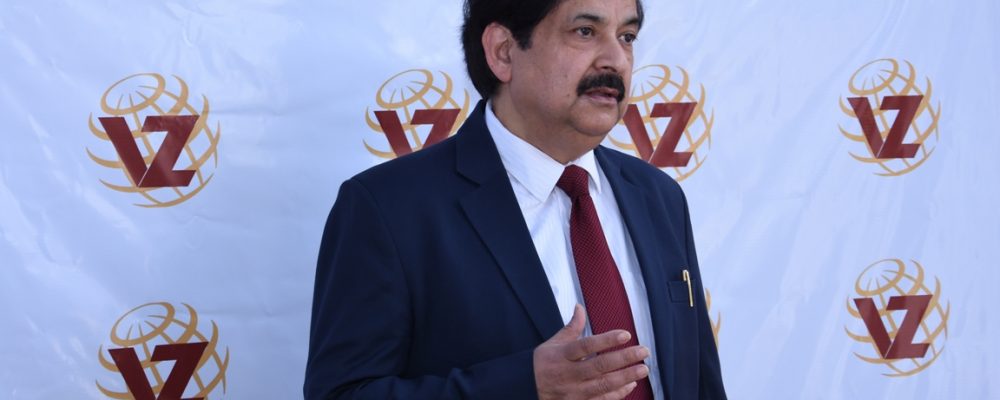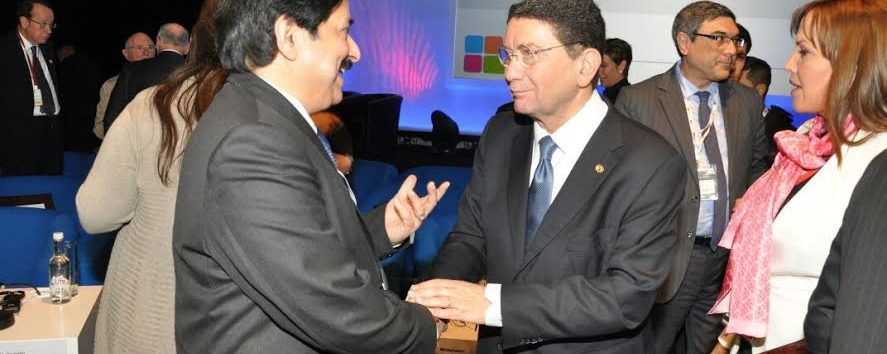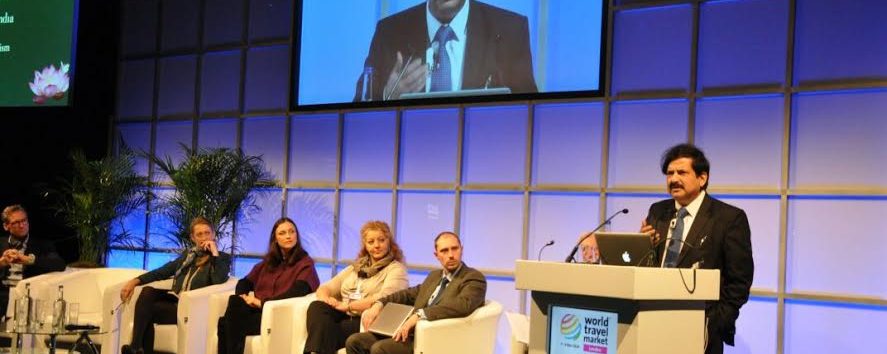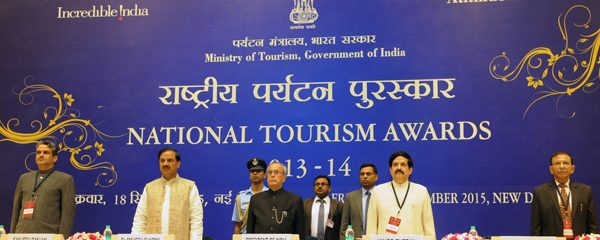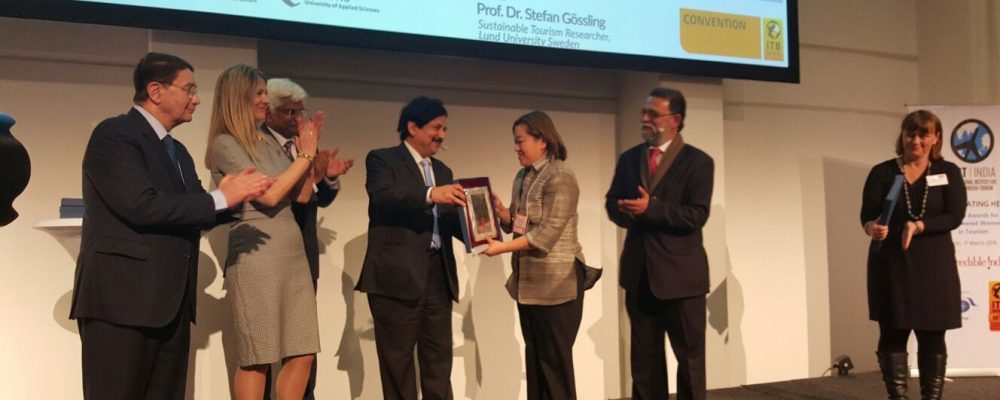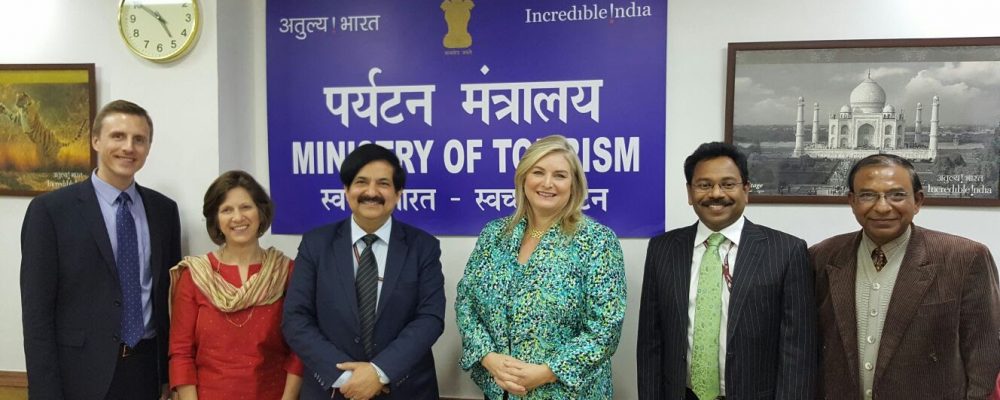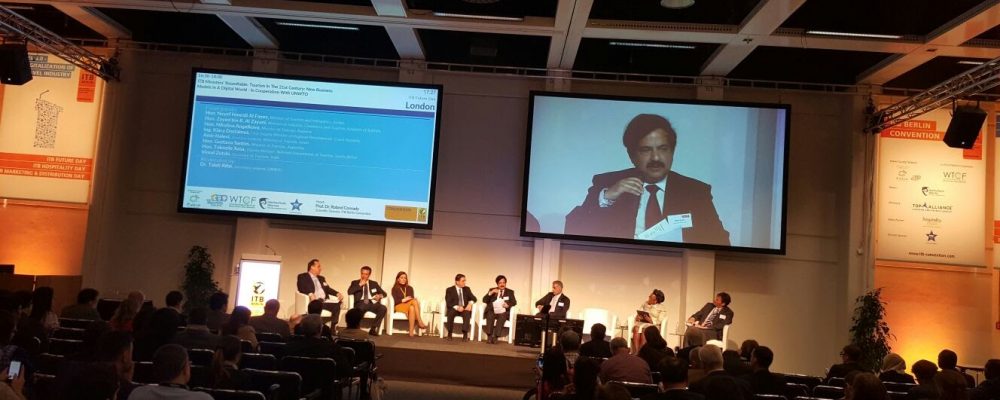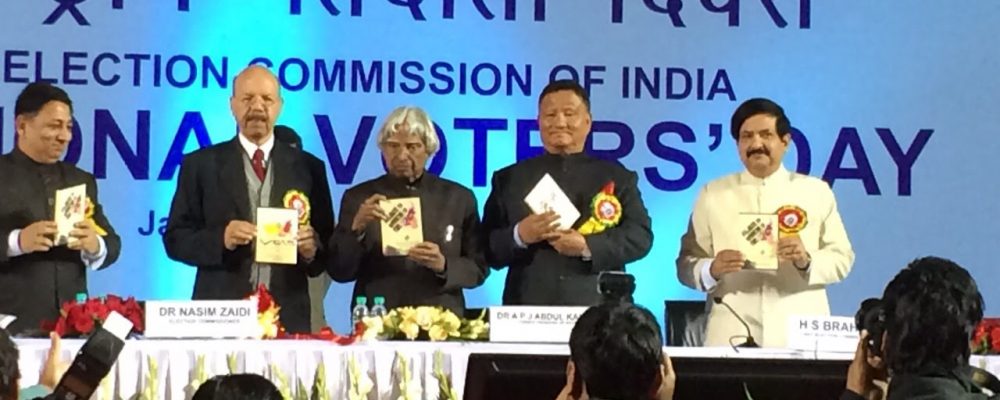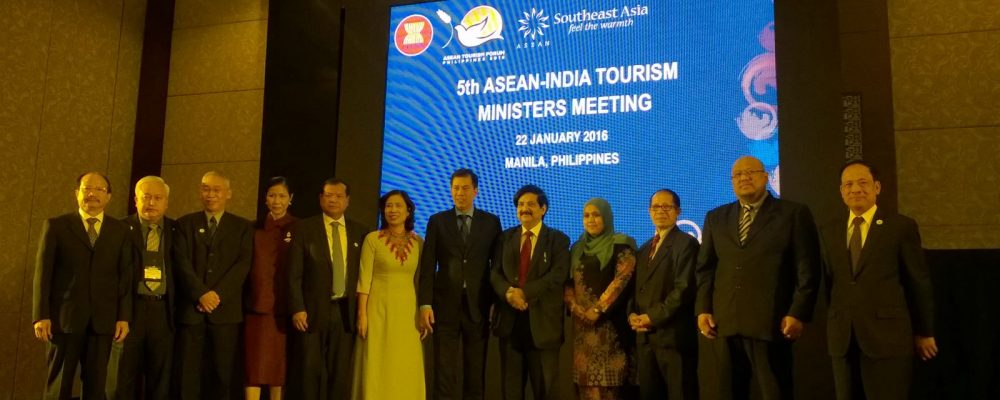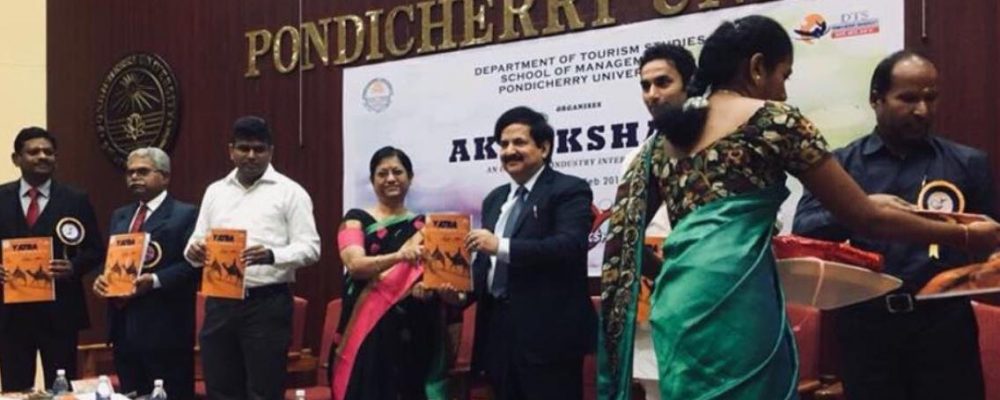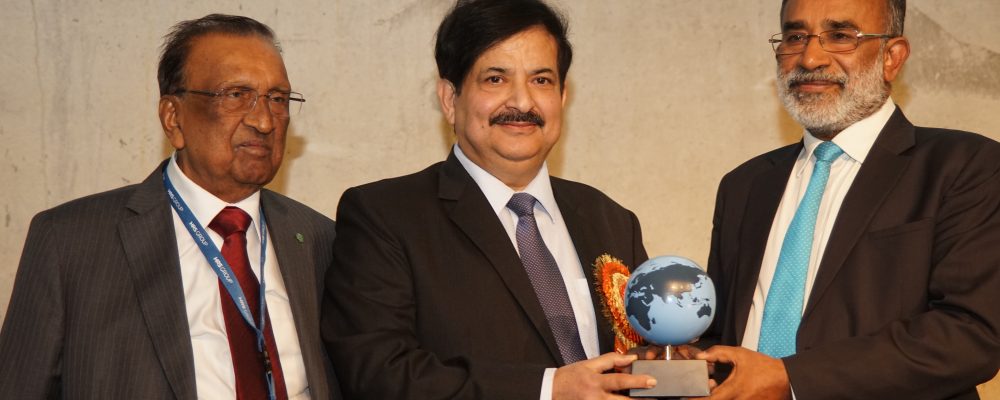Film Tourism is a strong USP of India Tourism. This is one vertical by which entertainment industry and travel industry, both are simultaneously benefitted. Studies have revealed that film tourism in India has a potential to attract 1 million ‘film tourists’ and to generate gross income of 3 billion USD by 2022.
India is blessed with a variety of destinations, suitable to all possible film scripts and stories. The country is the largest film producer in the world with around 2000 films produced every year. Further, with low cost facilities, skilled talent, world class post production capabilities and emerging infrastructure in the form of ‘film cities’, India has a distinct edge over its competitors in the world.
Lately, Union and State Governments, with their proactive role, have emerged as key drivers of film tourism in India. The formation of Film Facilitation Office (FFO) as part of National Film Development Corporation, under Ministry of I&B, has been a ‘game changer’. Today, FFO is actively involved in hand holding international film makers for getting permission for film production and for connecting them with Nodal Officers of every State Government / UT.
The efforts of Tourism Ministry in the past few years have been laudable. While Tourism Ministry is working hand-in-hand with I&B Ministry to energise the film and tourism industry, the draft new policy guidelines of Tourism Ministry promise to facilitate single window clearance, simplify processes, issue time bound clearances and incentivise film makers through a dedicated corpus fund.
The State Governments have not been far behind and have taken numerous policy and administrative initiatives to ease the business of making films and to provide incentives to domestic film makers.
A lot is being done in India by Govts, film & tourism industry to position India as an enviable film tourism destination, however, a lot needs to be done to meet the challenges faced by film industry. The delays for getting central clearances and location specific permissions have to be curbed and Standard Operating Procedures (SOPs) need to be framed to render uniformity in procedures throughout the country. Further, greater convergence between Central Ministries and State Governments, up-scaling the incentives vis-à-vis international competitors and augmenting promotion of film destinations are other essential action points.
The need of the hour is that all stakeholders related to film industry, tourism industry, Union Ministries and State Govts must jointly address these issues and work together to make India the global leader of Cinematic Tourism.
My compliments to PHD Chamber of Commerce & Industry for their commitment to promote film tourism in India by organising the 

 in Mumbai.
in Mumbai.
It was a pleasure to participate and address at the Conclave.


